Oil prices experienced a significant decline on Thursday, following reports that US sanctions on Iran might be lifted as part of a deal on Iran's nuclear program. This development came after President Donald Trump's remarks in Qatar, where he indicated that the United States was close to reaching an agreement. The comments were made ahead of Trump's visit to the United Arab Emirates, the final leg of his Gulf tour that began in Saudi Arabia. The potential lifting of sanctions has far-reaching implications for global oil supplies and market dynamics.
Trump's statements followed Iran's fourth round of talks with the US administration. Washington has been seeking to avoid a threatened military strike by Israel on Tehran's contested nuclear program. "Traders focused on the prospect of a US-Iran nuclear deal which could see economic sanctions lifted on the latter and potentially lead to greater supplies of oil," noted Russ Mould, investment director at AJ Bell. Both main crude contracts fell by more than two percent in value on hopes that US sanctions on Iran might be lifted, which could increase Iran's oil exports.
The potential increase in oil supplies from Iran has a significant impact on global markets. The prospect of additional oil from a major producer like Iran could alleviate supply concerns and stabilize prices. However, the geopolitical implications of such a deal are complex, involving not just economic factors but also regional security and political dynamics.
In Europe, the main markets overcame early weakness to finish higher. Sentiment in London was boosted by official data showing that Britain's economy grew more than expected in the first quarter—before UK business tax hikes and US tariffs took effect. This positive economic news provided a counterbalance to the initial market jitters caused by the uncertainty surrounding the US-Iran deal.
Back on Wall Street, both the Dow and S&P 500 rose, while the Nasdaq retreated following mixed US economic data. Data showed that US retail sales were near-flat in April, while US wholesale inflation unexpectedly fell during the month. Shares in Walmart retreated after the retail giant warned of higher prices due to Trump's tariffs. CEO Doug McMillon welcomed a de-escalation of Washington's trade war with China but said the levies remained too high for the retailer to absorb. "We will do our best to keep our prices as low as possible, but given the magnitude of the tariffs, even at the reduced levels, we aren't able to absorb all the pressure," McMillon told investors.
The mixed economic data and corporate warnings highlight the ongoing challenges facing the US economy. While some sectors show resilience, others are grappling with the impacts of trade policies and tariffs. The potential for increased inflation later in 2025, as noted by Art Hogan of B. Riley Wealth Management, adds another layer of uncertainty for investors and businesses.
Investors are closely monitoring developments in trade talks, with countries looking to reach deals to avoid Trump's tariff blitz. The excitement from the China-US detente has faded, and markets are now seeking new catalysts. "We're back into the vacuum where news about trade dominates everything," Hogan said. After tumbling in early April following Trump's sweeping tariff plan, stocks have been on the upswing in recent weeks as the US president has retreated from some of the most onerous levies while announcing a trade deal with Britain and a de-escalation with China.
However, the overall policy shift to higher tariffs still poses risks. Markets are bracing for a potential hit to inflation later in 2025, which could have broader economic implications. The interplay between trade policies, geopolitical developments, and market dynamics continues to shape the economic outlook. As investors navigate these complexities, the potential lifting of sanctions on Iran and the subsequent increase in oil supplies add another dimension to the global economic landscape.
The potential US-Iran nuclear deal and the lifting of sanctions have significant implications for oil prices and global markets. While the prospect of increased oil supplies from Iran could stabilize prices, the broader geopolitical and economic impacts are complex and multifaceted. As investors and businesses adapt to these changing dynamics, the ongoing trade negotiations and policy shifts will continue to influence market sentiment and economic outcomes.

By Laura Wilson/May 16, 2025

By Michael Brown/May 16, 2025
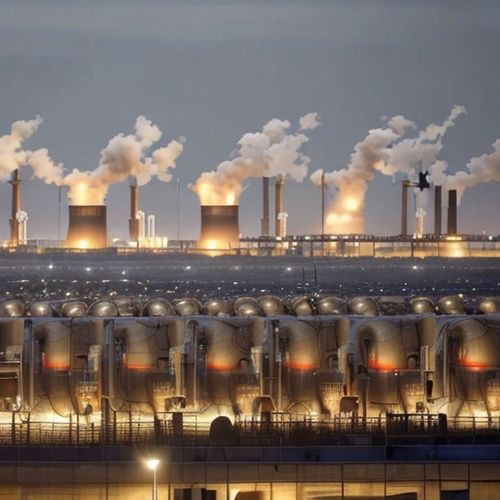
By Elizabeth Taylor/May 16, 2025

By Sophia Lewis/May 16, 2025
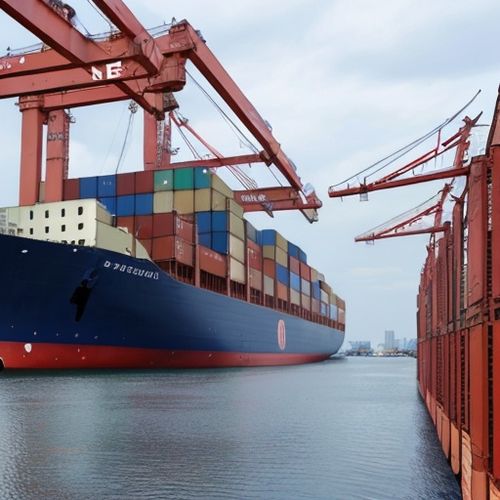
By Noah Bell/May 16, 2025

By Joshua Howard/May 16, 2025

By John Smith/May 16, 2025

By Laura Wilson/May 16, 2025

By Benjamin Evans/May 16, 2025
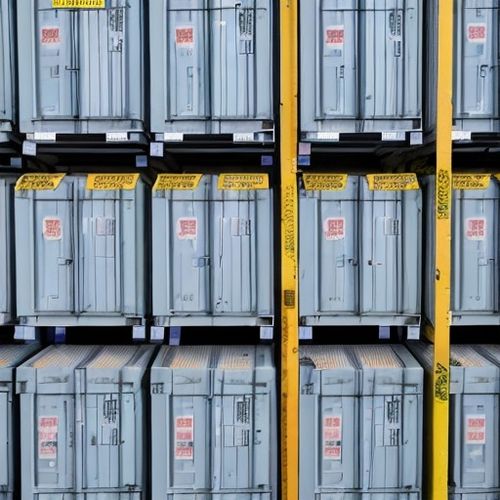
By Michael Brown/May 16, 2025
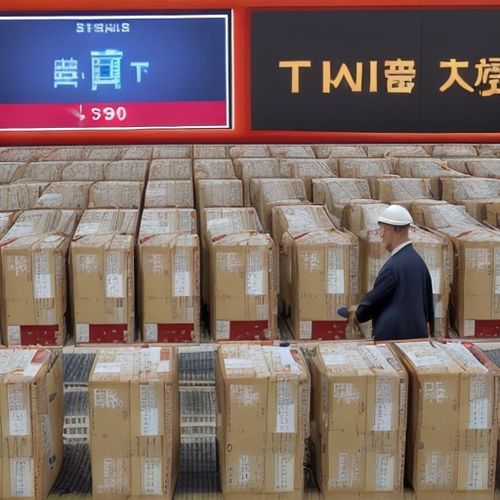
By Sarah Davis/May 16, 2025

By William Miller/May 16, 2025

By Sarah Davis/May 16, 2025

By Benjamin Evans/May 16, 2025

By Rebecca Stewart/May 16, 2025

By Natalie Campbell/May 16, 2025

By Lily Simpson/May 16, 2025
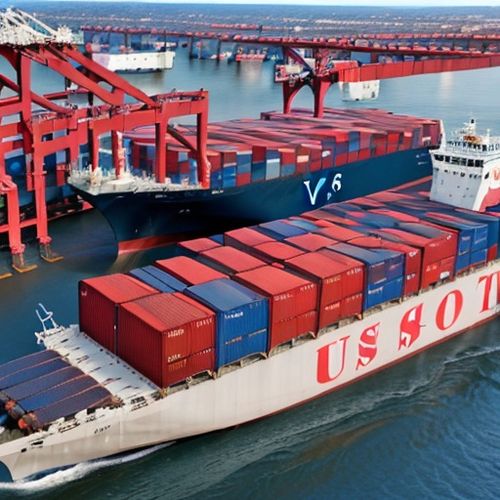
By Olivia Reed/May 16, 2025

By Olivia Reed/May 16, 2025

By Elizabeth Taylor/May 16, 2025